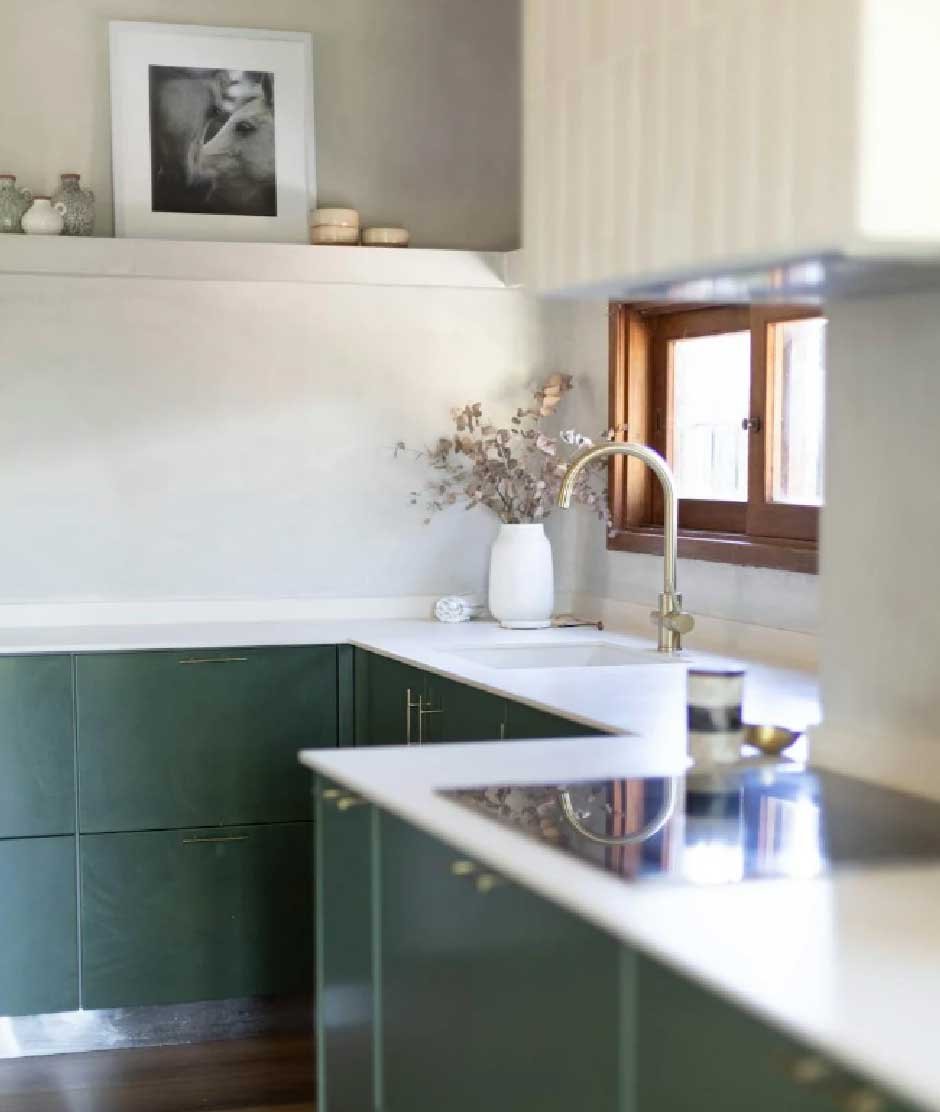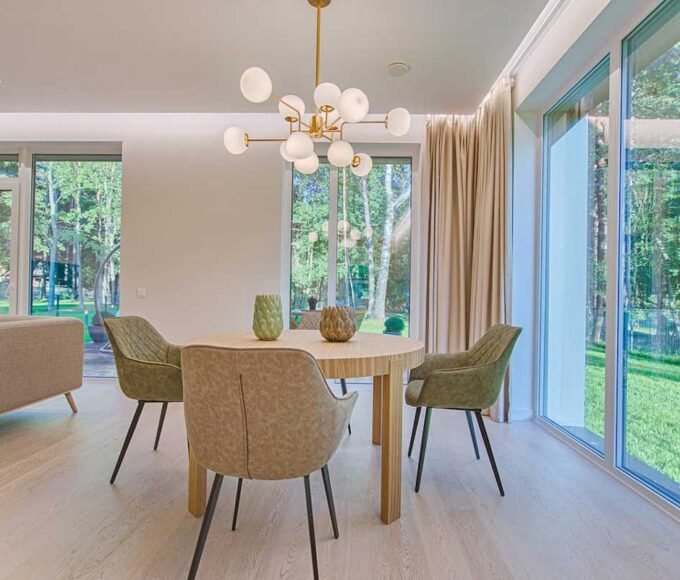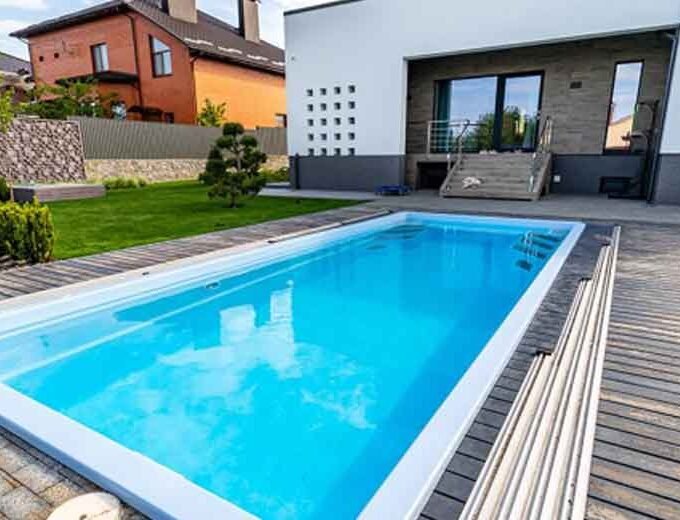The kitchen may be the heart of the home, but too often it’s stuck in neutral—dominated by bland color schemes that lack personality. Fortunately, you don’t need a full remodel or a big budget to make a meaningful impact. With a few strategic color choices, you can transform your kitchen from purely functional to truly inspiring.
These five simple techniques will help you introduce more color into your kitchen.
1. Colorful Kitchen Accessories and Textiles
The most reasonably priced and easily available way to create a more vibrant kitchen is by using small accessories and textiles. Coordinating colors from dish towels, pot holders, and oven mittens produces harmonious color tales free from a permanent commitment. Table linen runners, placemats, and napkins bring color to dining spaces and shield surfaces. Vibrant patterns of window treatments, such as Roman blinds or cafe curtains, introduce color at eye level, which has a major visual impact. While increasing comfort, chair cushions or stool covers quickly enliven sitting rooms. From stand mixers and blenders to toasters and coffee makers, small appliances today offer many color choices that create practical centerpieces on counters. Seasonal updates or entire color scheme changes without significant expenditure are made possible by these interchangeable pieces.
2. Statement Walls and Backsplashes
In kitchen design, vertical surfaces offer ideal space for strong color statements. Paint is the most reasonably priced choice; accent walls create maximum visual effects using little time and materials. Another temporary fix is removable wallpaper, which comes in many designs and colors, perfect for rentals in peel-and-stick forms. From gentle glass mosaics to dramatic ceramic designs in jewel tones or geometric patterns, tile backsplashes offer more lasting color enhancements. Dramatic focal points result from extending the backsplash behind open shelves or stoves to ceiling height. While providing visual interest, color-blocking methods employing two complementary paint colors can delineate several kitchen areas. These wall treatments cover big visual regions and set the basis for your color scheme so that other pieces may complement rather than fight for attention.
3. Open Shelving and Display Areas
Strategically designed display areas can showcase vibrant collections while keeping everyday essentials within easy reach. Replacing upper cabinets with open shelving creates the perfect stage for colorful dishware, cookbooks, and decorative accents. Glass-front cabinets offer a similar effect, allowing for visual interest while protecting items from dust. Floating shelves in unexpected colors can transform blank walls into eye-catching storage solutions. Heirloom serving pieces and statement platters deserve to be seen—not hidden—especially when they bring bold color and character to the space. Decorative items like ceramic jars, fruit bowls, and faux flower arrangements add personality and color. For a flexible option, picture ledges are ideal for rotating seasonal decor or artwork that complements your color palette. These display techniques turn practical items into design features, enhancing your kitchen’s style while keeping it organized and accessible.
4. Cabinet and Furniture Updates
Although total cabinet replacement is a significant expenditure, numerous techniques can give current cabinets more color with less commitment and cost. Especially when concentrating on only upper or lower cabinets rather than the whole kitchen, cabinet paint changes old wood or white cabinets at a comparatively modest cost. Temporary color solutions, perfect for renters or the color-hesitant, are provided by removable contact paper made for furniture uses. With little effort, new cabinet hardware in brass, copper, or colored enamel freshens cabinets. Natural options for color introduction through paint, upholstery, or new purchases abound from furniture pieces, including bar carts, dining chairs, or island stools. While adding workspace and storage, rolling kitchen islands with colored bases produce movable color blocks. These deliberate modifications let neutral aspects fade aesthetically and concentrate on important areas.
5. Natural Elements and Lighting
Natural materials bring organic color variances that accentuate rather than overwhelm kitchen areas. Fresh vegetables arranged in vibrant bowls offer ever-shifting color combinations with useful effects. Herb gardens next to windows offer culinary supplies as well as live green accents. Potted flowering plants or seasonal floral arrangements offer fleeting colors matched with the calendar of nature. In ornamental containers, fruit trees or citrus plants bring color and scent. While offering necessary task illumination, vibrant colors of pendant lights or lamp shades attract the attention upward. Natural stone counters with variances in color, such as blue pearl granite or green marble, use permanent color in unusual places. These natural and lighting components provide dimension by means of color that changes with seasons, time of day, and pragmatic use patterns.
Conclusion
Transforming your kitchen with color doesn’t require a full remodel. By incorporating vibrant accessories, creative wall treatments, open shelving displays, cabinet updates, and natural elements, you can infuse the space with color, energy, and personality.
















